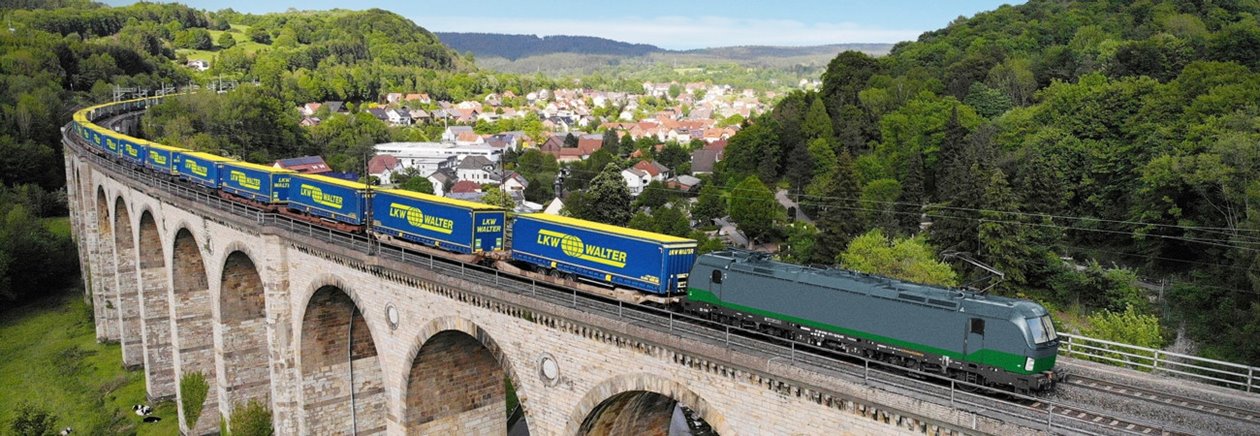Logistics: The Green route

Södra’s Connect project to implement inter-modal transport solutions for customers in Central and Eastern Europe was very well received in 2019 and it meant that work to roll out the project for customers elsewhere was always going to be on the agenda. But the project was unexpectedly accelerated, as Logistics Manager Ola Holgersson, explains.
“We had already seen that inter-modal delivery solutions held numerous benefits, so when we were hit by the gilets jaunes protests in France early last year, followed by lockdowns in several European countries just weeks later, we were able to move fast.
“Customers in France suddenly found their pulp stuck on trucks as drivers were blocked at ports, then the pandemic brought huge disruption as countries closed their borders and the shortage of truck drivers was exacerbated by sickness. We were able to re-route and bypass these issues by swapping trucks for rail across borders. Customers were delighted, not just that they got their pulp but that in some cases it arrived in even better condition than usual. An added advantage was that journeys that might otherwise have taken a week of a driver’s time were being cut just to the first drop-off point for the trailer, freeing up drivers in short supply and enabling haulage companies to be much more productive.”

Inter-modal is not just for times of crisis, however. Holgersson: “In addition to solving logistical challenges and having a lighter carbon footprint than truck-based journeys (Södra has eliminated a remarkable number of kilometres by road so far by using rail), inter-modal solutions are proving to have a key advantage for our customers which ties in very well with our Take Care initiative, a project that seeks to make sure the pulp arrives at the customer’s gate in pristine condition."
“The key is that handling of the units is absolutely minimised with inter-modal logistics. A traditional route from Sweden to Italy, for example, might involve a shipment being handled six or seven times as it gets unloaded from truck to rail to vessel and back again. In contrast, inter-modal deliveries mean the pulp is initially loaded on a trailer and it remains there for the duration of the journey – the trailer moves but the pulp does not, so units are handled just once, significantly reducing the chance of any damage during transit.”
“Inter-modal is not for every customer and depends on infrastructure and routes,” says Holgersson, “but where we can see this solution enhancing the customer experience, we will look to implement it, following the great feedback we’ve had so far. And for deliveries which still need to go by truck, I’m sure it won’t be long before we see major breakthroughs in the technology to facilitate greener long-distance transport by road, too. More options will only be good news for the environment and our customers.”
Show all content for topic
Subjects: Pulp
